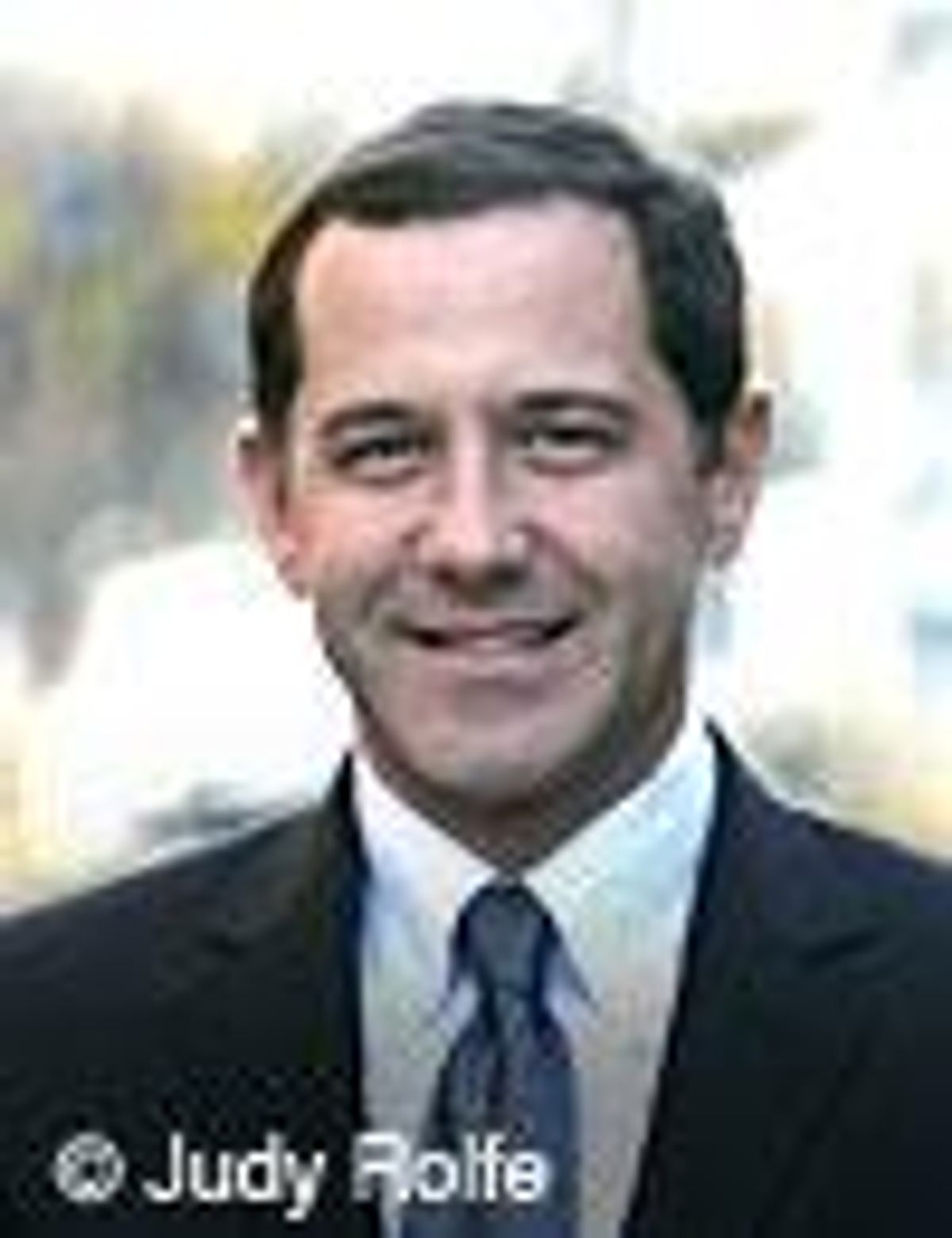
Ford Motor Co. has sent a much larger message that equality is a bedrock principle that should never be compromised
December 15 2005 12:00 AM EST
November 17 2015 5:28 AM EST
By continuing to use our site, you agree to our Private Policy and Terms of Use.

The success at Ford this week is a winning story of equality triumphing over extremism. But this is a two-part tale that spans the decades.
The first part of the Ford saga is what happened over the last two weeks. At the beginning of December the media started reporting that the right-wing extremist group American Family Association was backing off from a threatened boycott of Ford, implying that the company had caved to their pressure, agreeing to remove Land Rover and Jaguar advertising from gay, lesbian, bisexual, and transgender-themed publications.
A coalition of national and Michigan-based LGBT groups reacted swiftly and with unity, urging Ford to respond and reaffirm its commitment to fairness. About 50,000 Human Rights Campaign advocates sent e-mails to Ford asking the same. As things progressed we were getting conflicting reports from Ford officials, and it became clear that we needed to sit down with Ford officials face-to-face. So on Monday of this week I along with my colleague Matt Foreman from the Task Force joined other leaders at a Washington, D.C., meeting with Ford. We were unequivocal: They had let suspicions about a deal with extremists fester, and their reputation as a fair-minded corporation was on the line.
Ford responded swiftly and aggressively. The company on Thursday announced it was not only reinstating its Land Rover and Jaguar advertising but also in 2006 Ford will feature an ad campaign in LGBT publications that markets all of its subsidiary brands.
This victory wasn't simply about advertising: It sent a much larger message that fairness and equality are bedrock principles that should never be compromised.
And that's the second part of this story. And it's about you. Twenty-five years ago when the Human Rights Campaign's first lobbyists were setting up shop in Washington, D.C., the doors of fairness at U.S. corporations were dead bolted.
Now the workplace is the one place where people with no openly gay friends or family members sit across from gay coworkers. Put simply, the workplace is where our differences meet and fear melts away. Just look at the facts: In 1980 no company offered domestic partner benefits. Today more than 8,000 offer them. As recently as 2002 only 13 major U.S. companies scored 100% on the Human Rights Campaign's Corporate Equality Index. Today 103 companies have perfect scores. That means they offer health care to employee partners, prohibit discrimination based on sexual orientation and gender identity, and offer comprehensive diversity training, among other policies.
Progress doesn't happen in a vacuum. It's the accountant who has his partner's photo on his desk. It's because of the vice president who is teaching her colleagues about gender identity as they transition on the job. It's because of the straight doctor with lesbian sister who jumps in a conversation when she hears a derogatory gay joke.
The story isn't over. We're only halfway through a great American tale that's rich in its cast of characters and consistently touches on the theme of fairness and equality. We have to keep doing our part, and the Human Rights Campaign's new Buyer's Guide is one tool that can help (www.hrc.org/buyersguide). And make sure that your friends and family support products from companies that support equality.
On the path ahead there may be setbacks, but things are going our way. With fair-minded consumers and companies like Ford and other leaders, this story is sure to have a happy ending.
Viral post saying Republicans 'have two daddies now' has MAGA hot and bothered